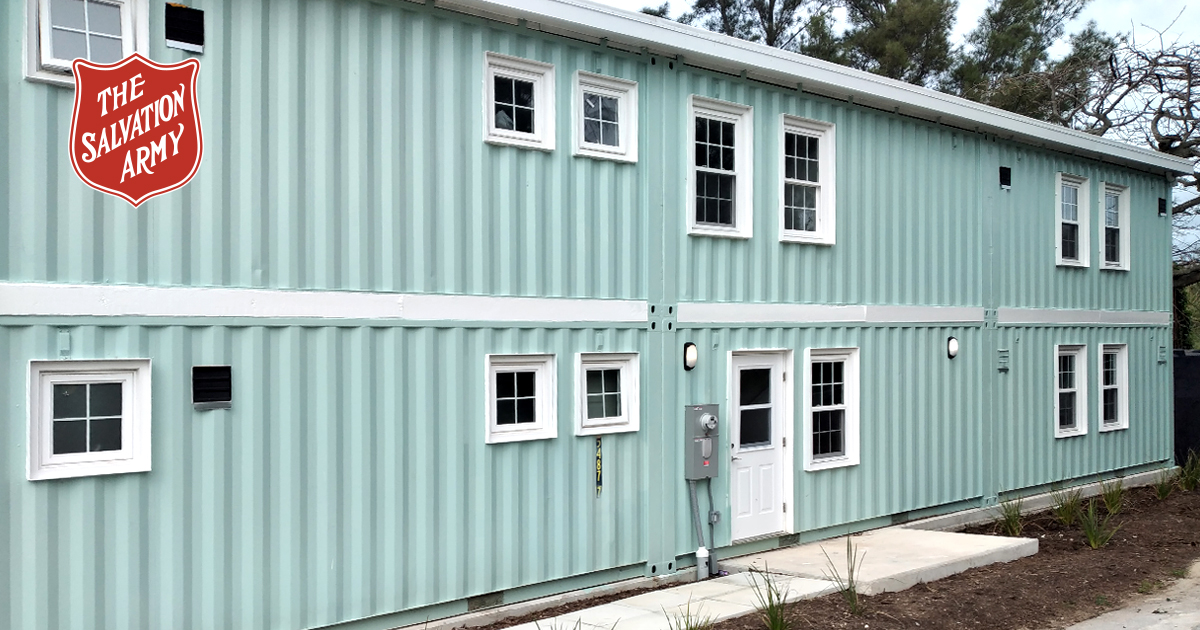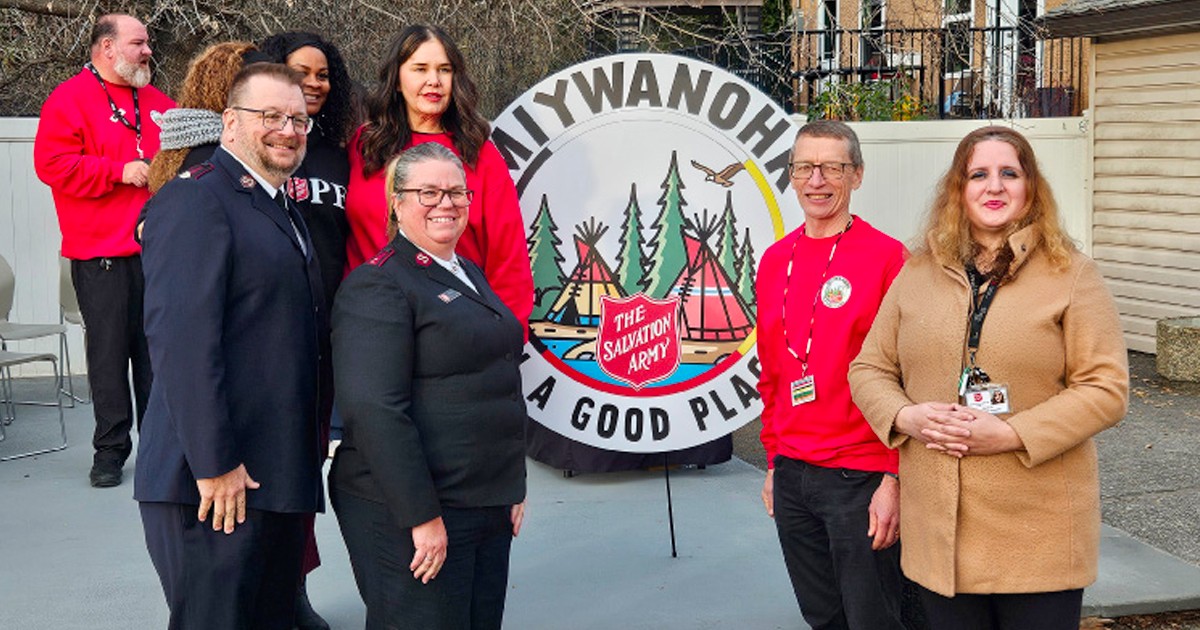With rising interest rates and rent prices, and low housing inventory, demand for housing support is growing in the Canada and Bermuda Territory. To help meet this need, The Salvation Army has opened two new transitional shelters in Pembroke, Bermuda.
“There is a group of organizations in Bermuda who are coming together to discuss the issue of housing and how we might pool our ideas and resources to meet the need,” says Beverly Daniels, executive director, community services, Bermuda Division. In partnership with the Bermuda Housing Corporation, the Salvation Army shelters will provide a stable living environment and individualized case management to men and women.
The previous shelter, a prefabricated facility from 1984, had operated as an emergency shelter and had been intended as a temporary solution to housing concerns at the time. By 2023, the 39-year-old shelter was beginning to show signs of wear and tear. “This is my 10th year in this position, and when I first came in, there were discussions about a new shelter,” says Daniels. Over the years, the conversations passed hands through successive divisional commanders and governments, prolonging the process. Then, through the pandemic, the project was further delayed.
“At the same time, the process has given us an opportunity to shift from an emergency shelter to transitional, and refine our policies and procedures,” explains Daniels. The shelters began intake in early 2023, screening potential residents and offering orientations, and prepared for move-in as of March 1.
The men’s shelter and women’s shelter sit within a two-minute walk from each other on joint property. Each two-floor facility offers 14 self-contained individual rooms for residents, and a bathroom on each floor with three shower stalls, three toilets and a sink. “Residents are able to be in their own rooms, responsible for themselves,” says Daniels.
In addition, the main floor has an accessible bathroom and a separate room for quarantining or other temporary needs. There is also a laundry facility on-site for residents to wash their personal items and clothing, and a drop-in centre where people can come to watch TV, read or rest.“
The shelters also use the Pathway of Hope case management strategy, a system that engages with the community and partners to meet the unique needs of the individual, whether it is financial assistance, workforce development or clinicians and mental-health counselling,” says Daniels.
“There is such a wealth of need. We believe that now we will be able to do the things we want to do and need to do for the people.”










Leave a Comment